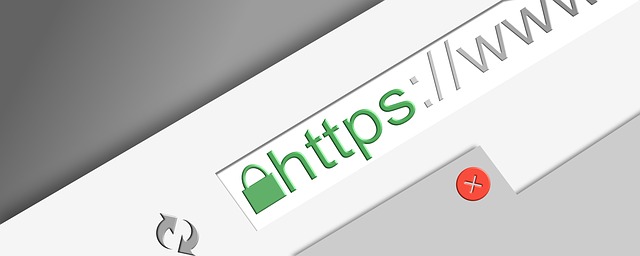Anyone who browses the Internet is probably aware of the term SSL. It’s often bandied around as a term which people vaguely understand to be something connected to keeping your browsing data safe. For a lot of people, SSL is denoted by two major recognizable features: 1) Website URLs starting with “https” and 2) a padlock appearing beside the URL of these websites.
But what exactly is SSL? And what does it mean?
Secure Sockets Layer (SSL) is basically a standard security technology where an encrypted link is created between a server and a client. It is a security protocol which lays down the standards of encryption to be used between the two parties and governed by standards. Websites which use this technology have SSL certificates which can be distinguished by the padlock sign appearing, which if clicked gives more details of the SSL certificate like the issuing authority and the website owner. Their URLs also have “HTTPS (Hyper Text Transfer Protocol Secure) in front which indicate that the communication is secure.
SSL certificates have become a benchmark of trust, a symbol that a website (and the corresponding organization that runs the website) prioritizes cybersecurity. Some of the major reasons why an SSL certificate is so important for a company website are:
- Protection of data
Through its definition, it’s quite obvious that SSL helps in better protection of data. When a user submits information to a website, it goes through a range of systems before reaching its intended target. This data can, thus, be at risk of falling into the wrong hands.
However, SSL encrypts the data which means it can only be read by the intended recipient. This is especially important when dealing with confidential data like passwords, credit card numbers, personal details, etc. Hence even if a hacker manages to access the data, it will be useless for them.
- Authenticates your presence
Phishing is one of the greatest dangers of the Internet era. Users across the world are becoming wary of being tricked by a fraudulent imposter posing as an actual company. In this kind of environment, an SSL certificate acts as a certificate of authority for your user and reassures them that they are at the right place and not visiting an imposter. SSL certificates are provided by third parties and provide all your key details, ensuring customer trust.
- Build credibility and trust
In continuation to the last point, SSL certificates convey credibility and trust. It’s an immediate and visible assurance to your visitor that you take their personal data seriously and have taken the measures to protect it. It greatly helps in building your reputation as a conscious organization and, in the long run, helps you stand out from competitors who may not take consumer data as seriously.
- SEO Boost
SSL certificates go a long way in boosting your Search Engine Optimization (SEO) rankings. The world’s biggest search engines, including Google, favor websites with SSL certificates and will ensure that you rank higher in their searches. This is a great boost to visitor traffic and can be leveraged.
- Improving Compliance
Organizations nowadays have to comply with a range of regulations regarding their user data protection framework. SSL certificates help in that regard as it helps satisfy the Payment Card Industry Data Security Standard (PCI DSS).
These above points make it clear why an SSL certificate has become a necessity for organizations who want to ensure a clean, professional and secure company website.
As an IT security partner for your business, Seqrite provides comprehensive security from advanced cyber threats. To know more




